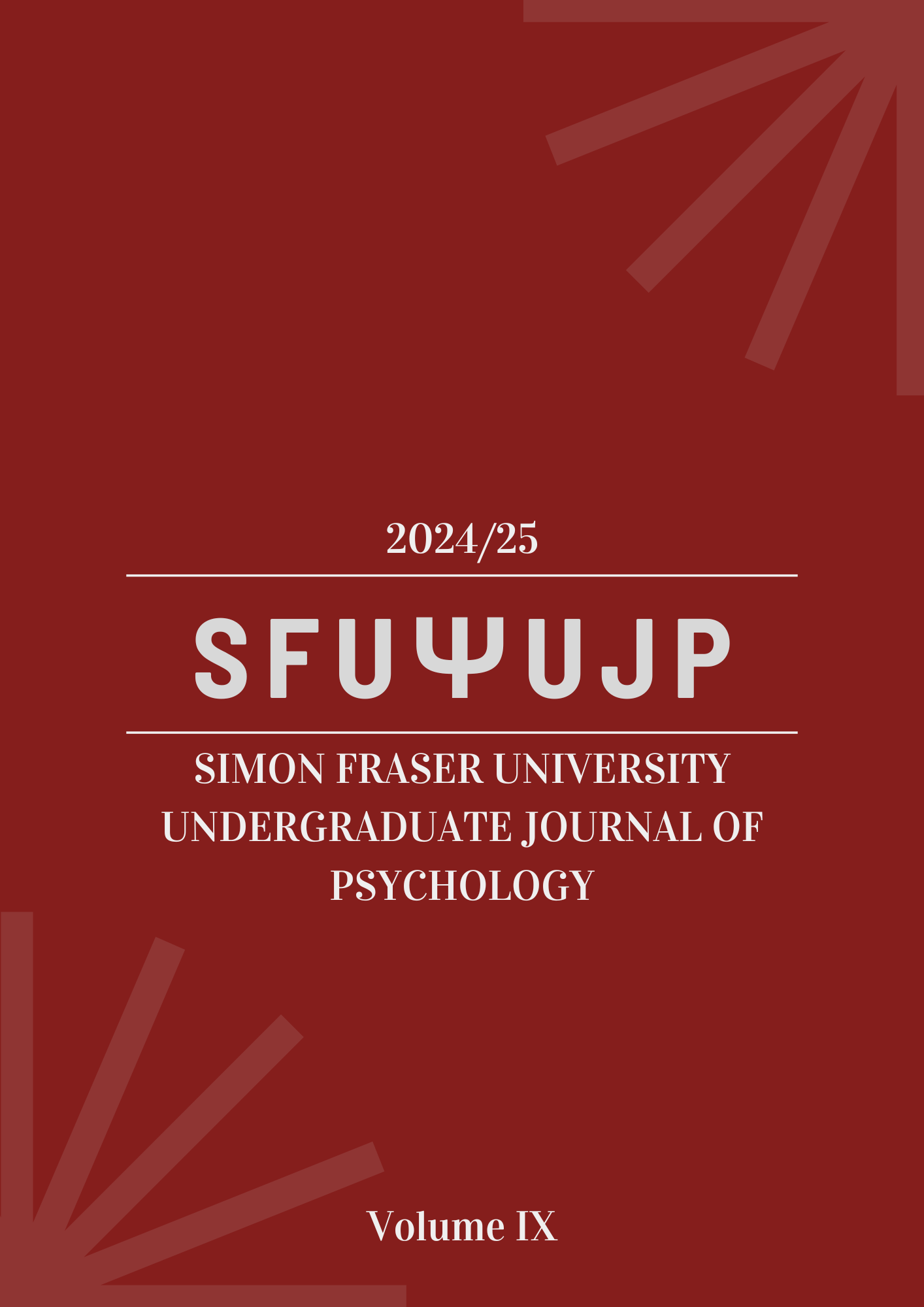Abstract
Implementing mindfulness training has positive effects on both current and retired professional soccer players. Mindfulness training should be implemented into athlete training programs as it can significantly enhance players’ performance, resilience, and overall well-being, making it a valuable addition to their training programs. The main arguments include an overview of mindfulness techniques such as Psychological Skills Training (PST), Mindfulness-Based Stress Reduction (MBSR), Mindfulness Acceptance and Commitment (MAC) approach, and Mindful Sport Performance Enhancing (MSPE), all tailored for sports performance. The benefits of mindfulness training include more effective decision-making, attentional focus, and emotional regulation leading to better on-field performance and off-field mental health. Additionally, there are specific challenges faced by retired players, and mindfulness practices can offer alternate coping mechanisms in addition to aiding their transition away from professional sports by addressing anxiety, depression, and stress. Despite the potential criticism regarding resource allocation and the prioritization of physical training, the short- and long-term benefits of mindfulness justify its integration into the training regimens of soccer players. Emphasis on the importance of incorporating mindfulness to enhance both the physical and mental aspects of soccer will ultimately advocate for its widespread adoption into the sport.
Keywords— Mindfulness, Soccer Players, PST, MAC, MBSR, MSPE, Well-Being

This work is licensed under a Creative Commons Attribution 4.0 International License.
Copyright (c) 2025 Oliver Banks

